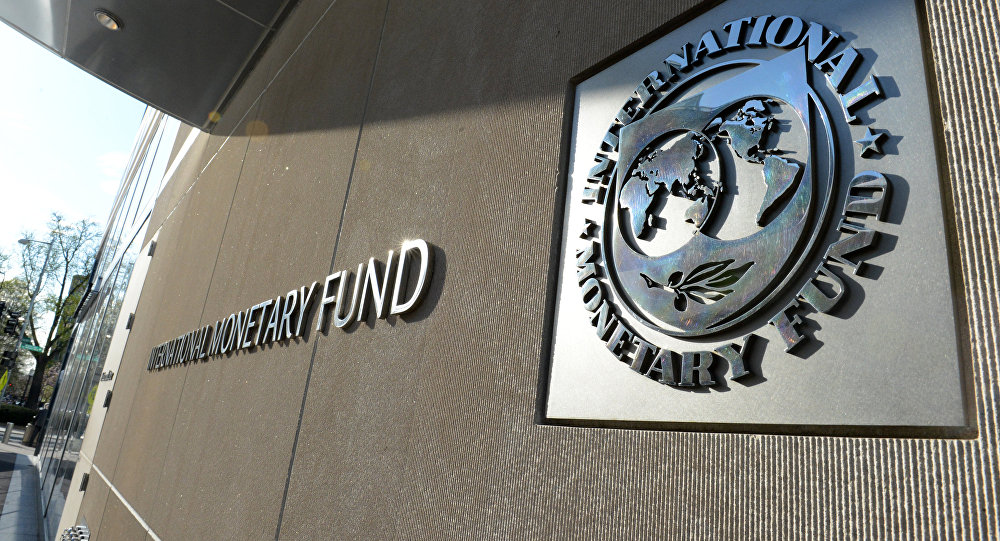There are no products in your shopping cart.
| 0 Items | £0.00 |


INTERNATIONAL Monetary Fund (IMF) officials have raised their forecast for Nigeria’s economic growth in 2022 to 3.4% as a result of a significant rise in crude oil prices brought about by the Russia-Ukraine war.
In the aftermath of the lockdown brought about by the coronavirus pandemic, Nigeria was in dire straits as government revenue was down and debts soared. With over 90% of federal government revenue coming from crude oil exports proceeds, the treasury was facing a crisis as prices were low and market activity was limited.
Now, however, the table appears to have turned as Russia's the world's second largest crude oil producer behind Saudi Arabia is involved in a war that has led to several key buyers shunning its products. Western nation have all stopped purchasing Russian crude, creating a scarcity which has rallied prices.
Brent Crude, the variety identical to Nigeria's Bonny Light Crude was selling for about $108 a barrel this morning. Although Nigeria stands to gain from the ongoing war, the IMF reduced its projection for global growth to 3.6% in both 2022 and 2023, citing the impact of costly humanitarian crisis economic damage from the Ukrainian conflict.
In its April World Economic Outlook, report released as part of activities at the ongoing IMF/World Bank spring meeting in Washington, the IMF upgraded its economic growth forecast for the Sub-Saharan African region to 3.8% in 2022, representing a 0.1 percentage point increase from the 3.7% forecast made in January. Nigeria's new forecast represents 0.7 percentage points and 0.4 percentage points higher than the 2.7% projected by the IMF in January for the country’s economic growth in 2022 and 2023.
Olivier Gourinchas, the IMF's economic counsellor and director of its research department, said: “In sub-Saharan Africa, food prices are also the most important channel of transmission, although in slightly different ways. Wheat is a less important part of the diet but food in general is a larger share of consumption.
“Higher food prices will hurt consumers’ purchasing power particularly among low-income households and weigh on domestic demand. Social and political turmoil, most notably in West Africa, also weigh on the outlook.
“The increase in oil prices has, however, lifted growth prospects for the region’s oil exporters, such as Nigeria. Overall, growth in sub-Saharan Africa is projected at 3.8% in 2022.
“Compared to our January forecast, we have revised our projection for global growth downwards to 3.6% in both 2022 and 2023. This reflects the direct impact of the war on Ukraine and sanctions on Russia, with both countries projected to experience steep contractions.
“This year’s growth outlook for the European Union has been revised downward by 1.1 percentage points due to the indirect effects of the war, making it the second largest contributor to the overall downward revision. The war adds to the series of supply shocks that have struck the global economy in recent years.